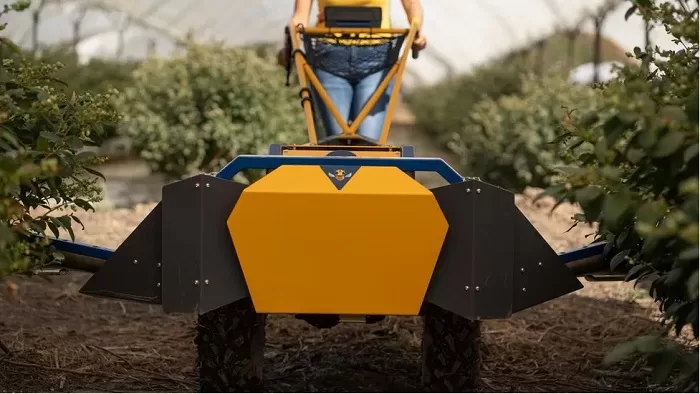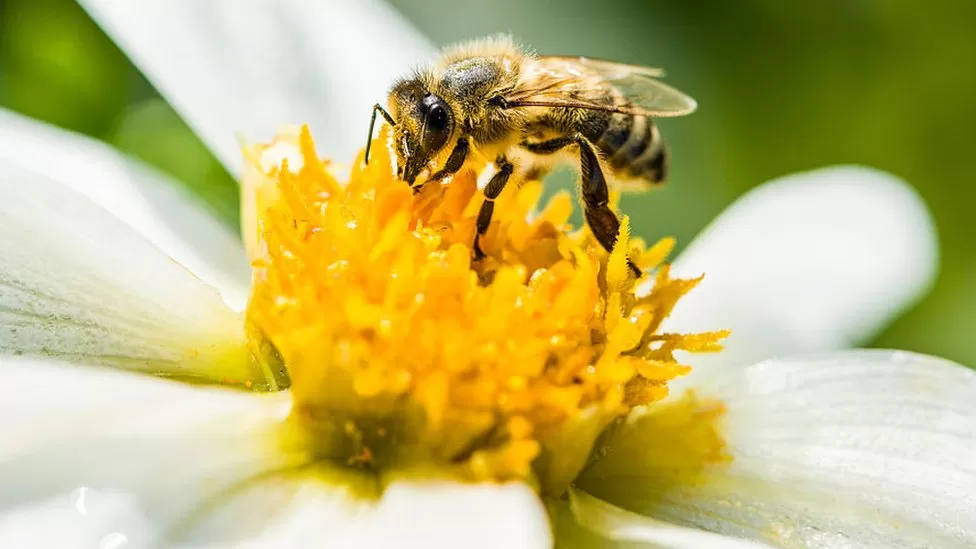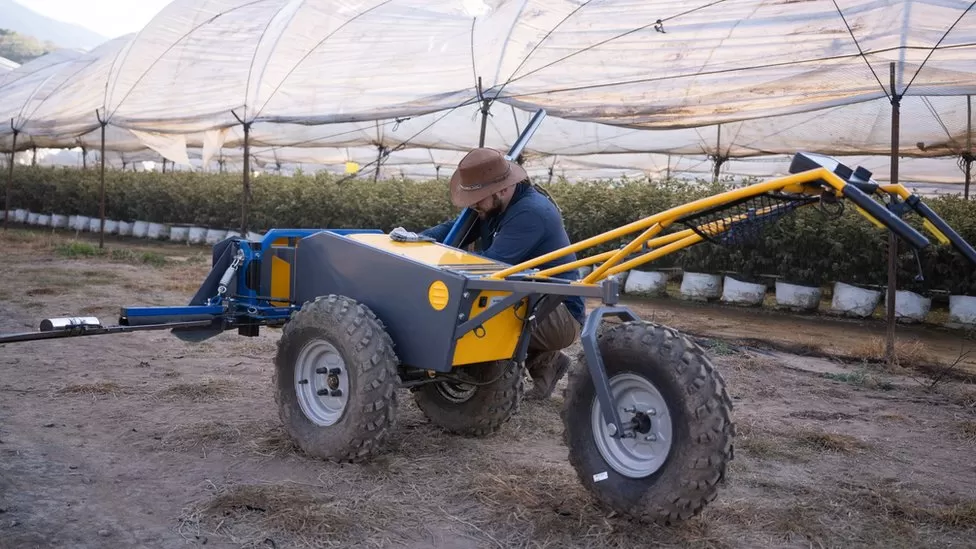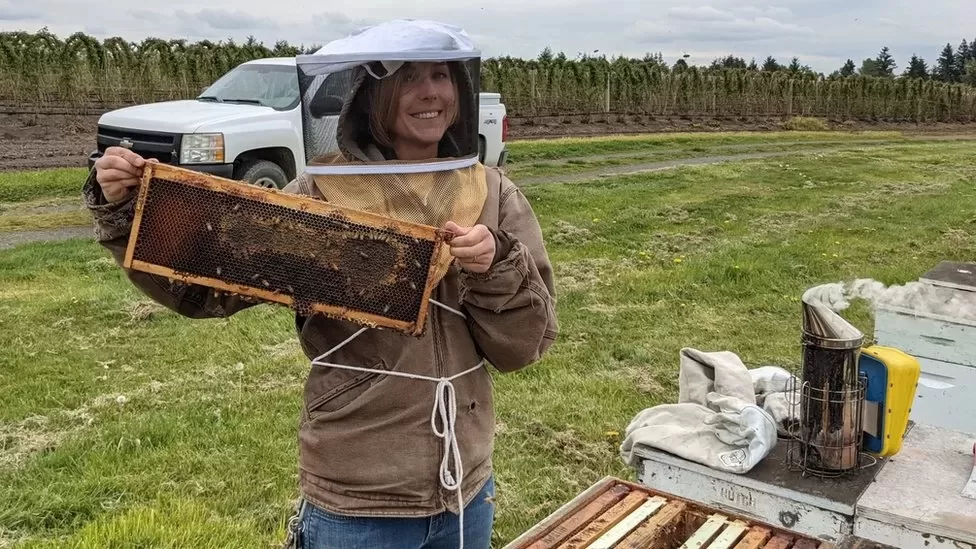Technology
Innovations in Pollination: How Technology is Supporting Crop Growth

In the realm of agriculture, technology is stepping in to address the vital process of pollination, which is essential for the production of fruits and seeds. Bees, traditionally nature’s workforce in this endeavor, are facing challenges due to climate change, habitat loss, and pesticide use, leading to a decline in their populations. In response, farmers are turning to innovative technological solutions to guarantee the efficient pollination of their crops.

The diminishing habitats are exerting pressure on bee populations.
Israeli tech firm BloomX has developed innovative tools to mechanically pollinate crops, offering an alternative to traditional bee-dependent methods. Founder Thai Sade emphasizes that their technology complements rather than replaces bees, providing farmers with more reliable and efficient pollination options. The main products, “Robee” and “Crossbee,” are designed for blueberries and avocados, respectively, and have shown promising results in various regions across the world.

BloomX’s innovative technology is currently in use on farms across different regions worldwide
BloomX‘s “Robee” resembles a large push-along lawnmower with mechanical arms that vibrate when brushed over blueberry plants, mimicking the agitating effect of bumble bees. On the other hand, “Crossbee” is a handheld device used for transferring pollen between avocado trees. Both tools are equipped with AI-based software and GPS technology, ensuring precise and effective pollination.
In regions like California, where almond cultivation is a significant industry, honeybees are trucked in from various parts of the US to pollinate the extensive almond orchards. This practice, while crucial for beekeepers’ income, can lead to shortages of honeybees for other crops. Artificial pollination technologies like those developed by BloomX and Edete offer a potential solution to bridge this gap and reduce the stress on bee colonies caused by long-distance travel.

Inspecting a beehive
Edete, another Israeli tech firm specializing in artificial pollination, has focused on developing technology that allows for the storage of pollen over several years without deterioration. This breakthrough enables precise pollen application for crops like apples, cherries, almonds, and pistachios. By ensuring that bees are not forced into monoculture environments, Edete’s approach aims to support natural bee habitats and ease the pressure on these essential pollinators.
While technological advancements in artificial pollination show promise, experts from the British Beekeepers Association emphasize the importance of prioritizing bee health and welfare. They argue that with proper care and attent ion to natural pollination methods, the need for artificial intervention may be significantly reduced.
In conclusion, the marriage of technology and agriculture is providing new avenues for sustainable and efficient pollination methods. Innovations like those from BloomX and Edete demonstrate the potential to support bee populations and ensure the continued success of crop production in an evolving agricultural landscape. As the world grapples with the challenges posed by declining bee populations, these technological advancements offer hope for a more resilient and productive future in agriculture.

























































